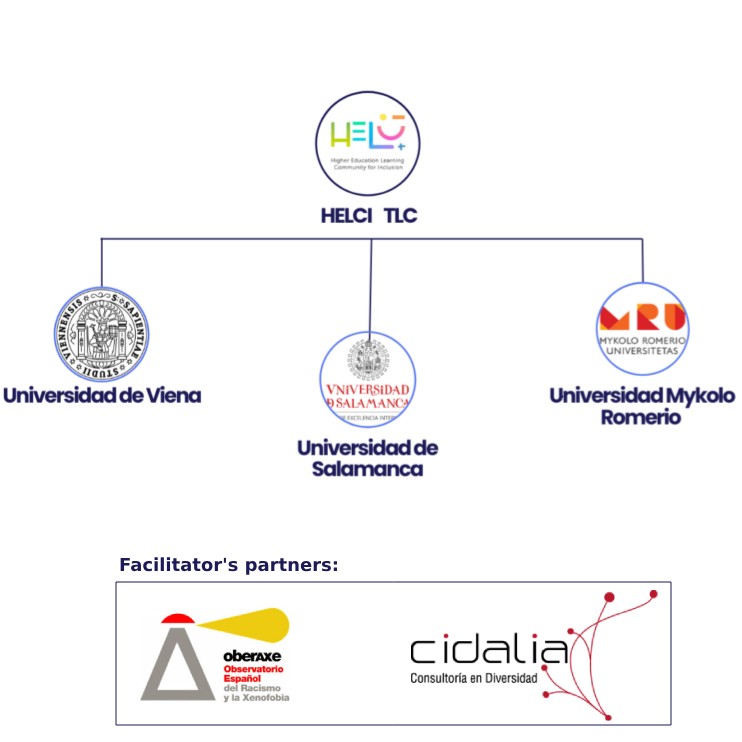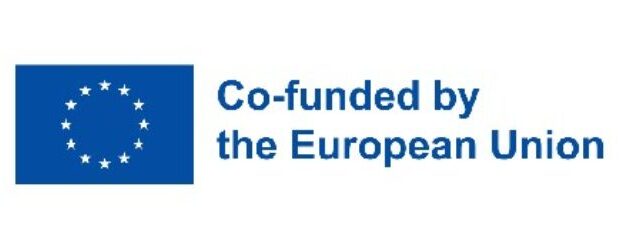Learning communities for inclusion
The objective of university learning communities is to develop the transformations required for universities to become inclusive spaces that favor the development of fairer, freer and more sustainable societies.
Knowledge within the university learning communities will be generated through interaction and participation oriented towards the learning of its members, based on the experience and knowledge of the group and supported by external knowledge and experiences that are considered relevant. Interaction and collaboration with associations, institutions and people belonging to the university community and target groups will enable the development of relevant competences, the improvement of mutual knowledge and the design and development of common strategies for peaceful coexistence. In short, it is a space for the cultural transformation of universities. The Transnational Learning Community will guide the development, at the local level, of the university learning communities developed by each university.

University learning communities are based on dialogic learning and are supported by the following principles: Dialogue of Equality, Cultural Intelligence, People are beings of transformation, Instrumental dimension, Creation of Significance, Solidarity, and Equality of difference.
